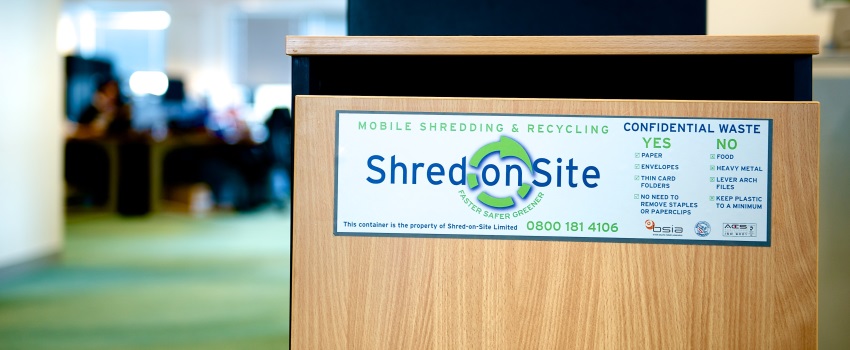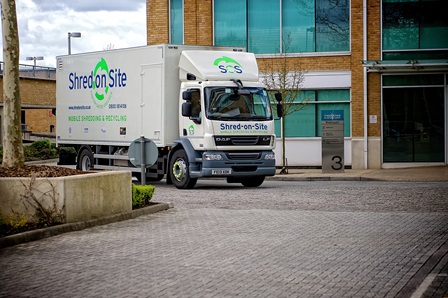How Shredding paper can protect you and your business against fraud
While a digital environment is the goal for many businesses across the economy, documents remain in circulation and frequent use. Particularly in sectors such as law and finance, there may be a need to have physical papers and documents and these frequently contain sensitive or highly confidential information. Whether that relates to individuals or organisations it can open up a business to fraud and reputational risk if it is not properly protected and disposed of. That’s why it’s so essential that every organisation has a system for paper shredding in place.
All enterprises are affected
Almost every business today still generates paper. That could be tax documents and financial information that has to be retained for a period of years or it may be internal reports, strategy documents or employee personnel files. Any documents that are generated for use in a business are likely to present the potential for fraud if they are not properly handled. Shredding is the only reliable option for document destruction that ensures data is protected and fraud cannot take place. Businesses, large or small, can benefit from a trusted a paper shredding service when it comes to protecting against fraud.
Physical vs digital data
The most comprehensive data protection approach ties together both physical and digital, ensuring that both are equally protected and being properly disposed of. It’s essential that any internal policies that refer to the handling of data should also include a section on shredding. Employees across the organisation need to be made aware of why it is crucial to destroy paper notes, records and documents and what the consequences of not doing this might be. You could include in your policy examples of how fraud could arise from paper documents that are not shredded to drive home the message of how anything, from personal data to business statistics, could be fraudulently used.
Ensuring compliance
Document shredding paper has become even more important since the GDPR came into force - and with it, substantial fines for not handling data properly. Customer records, and the way they are dealt with, are now particularly important in the wake of this regulation. To ensure regulatory compliance these records should be well organised and easily accessed by your business only - it may be necessary to delete records at customer request or to provide evidence of what you’ve done to ensure your business is GDPR compliant. These are some basic steps to help prevent fraud and ensure compliance too.
- Regularly review the records and documents that you hold. Destroy anything that is no longer relevant or necessary.
-
Don’t leave documents on-site. Bags and boxes full of old paper are a huge fraud risk (and a health and safety risk). Instead of leaving these sitting around, shred them to protect your business and your customers.
- Create a regular shredding schedule. If you don’t have the capacity to do this in-house working with a shredding partner can ensure that you’re always protected.
Shredding is a key tool when it comes to protecting your business, and your customers, from fraud.
Contact our team today by calling 0800 181 4106 or you can obtain an online quote.







